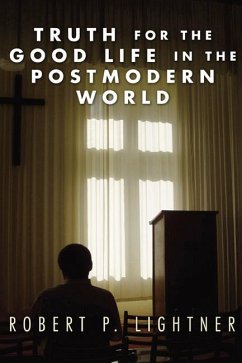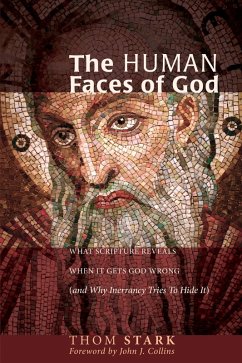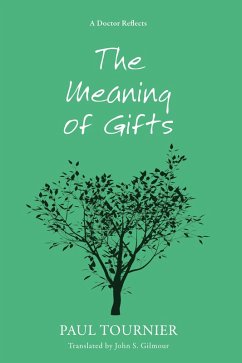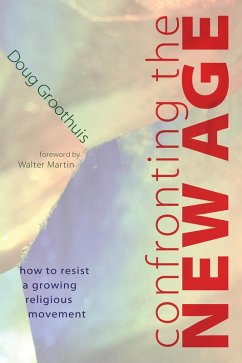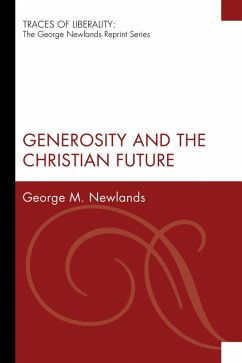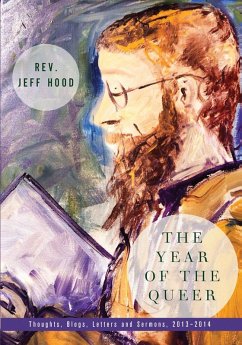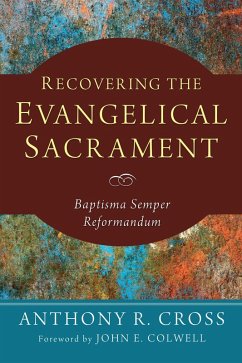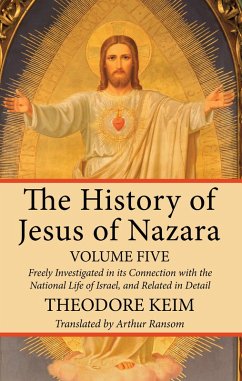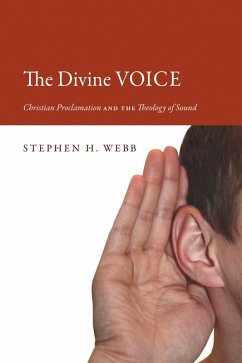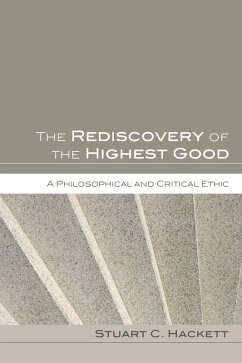
The Rediscovery of the Highest Good (eBook, PDF)
A Philosophical and Critical Ethic
Versandkostenfrei!
Sofort per Download lieferbar
25,95 €
inkl. MwSt.
Weitere Ausgaben:

PAYBACK Punkte
13 °P sammeln!
Stuart Hackett's The Rediscovery of the Highest Good, originally handwritten in spiral notebooks, is a masterwork of philosophical ethics that guides readers through 2300 years of discourse on the issue of morality, from Plato through Kierkegaard and Nietzsche. "It is the destiny of every human person to decide," Hackett opens. "Whether our choices are genuinely free or inevitably determined, invariably trivial or occasionally momentous, carelessly settled or reflectively reasoned, at least in one sense all this makes no difference: for the one thing about which persons have no choice is that ...
Stuart Hackett's The Rediscovery of the Highest Good, originally handwritten in spiral notebooks, is a masterwork of philosophical ethics that guides readers through 2300 years of discourse on the issue of morality, from Plato through Kierkegaard and Nietzsche. "It is the destiny of every human person to decide," Hackett opens. "Whether our choices are genuinely free or inevitably determined, invariably trivial or occasionally momentous, carelessly settled or reflectively reasoned, at least in one sense all this makes no difference: for the one thing about which persons have no choice is that we unavoidably and necessarily must choose, and cannot therefore escape our responsibility to do so." From this matter-of-fact beginning, Hackett builds a coherent case for "a modified teleological position" while providing fleeting personal glimpses into his "lifelong romance with philosophical contemplation." From the opening page, all the arguments are set down in a steady line of development, aimed unerringly toward a preconceived goal. At various points Hackett's summations produce a cerebral satisfaction that could almost be described as aesthetic, a kind of sheer intellectual pleasure akin to beauty. Recovery of the Highest Good is the culmination of forty years of reflection from a theistic perspective and is likely to be an invaluable handbook for inquirers in future generations.
Dieser Download kann aus rechtlichen Gründen nur mit Rechnungsadresse in A, D ausgeliefert werden.





